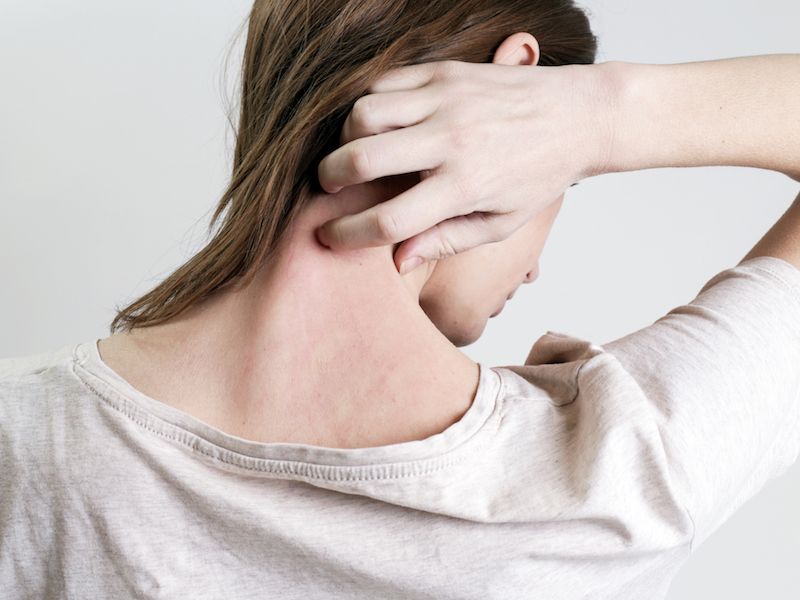
The word psoriasis normally conjures up images of people with skin issues like the ones on all those commercials. Psoriasis is more than skin problems and really affects your overall health. Psoriasis is frequently misunderstood and minimized, due to a lack of knowledge of how psoriasis impacts sufferers as well as the serious conditions that can be related to this disorder. Psoriasis causes responses through the whole body despite the fact that skin plaques are the most familiar symptom: The chance of metabolic conditions that are increased by persistent irritation and cardiovascular disease.
Psoriasis is also connected to another issue according to a different recent study: Hearing loss. Published in The Journal of Rheumatology, The relationship between hearing impairment, psoriatic arthritis, and mental health were looked at in this study. Psoriatic arthritis has an affect on the joints, and is a kind of psoriasis, causing swelling, difficulty moving, and pain. Affected individuals may also suffer from psoriasis, but with psoriatic arthritis, it’s possible to have swelling without also having the tell-tale plaques.
When someone has psoriatic arthritis, the body is basically attacking its own healthy cells like it does with rheumatoid arthritis because they are all autoimmune diseases. But psoriatic arthritis is different from rheumatoid arthritis because it’s usually asymmetrical (so you could have it in one knee but not the other), and it doesn’t only impact joints but contributes to painfully swollen toes and fingers while it targets sufferer’s nails and eyes.
Based on the findings of this recent study, inflammation caused by psoriatic arthritis could also impact hearing. A large control group of individuals with neither psoriasis or psoriatic arthritis were contrasted against people who had one or the other problem. They discovered that hearing loss was more likely to be documented by the group that suffered from psoriasis, and those reports were backed by audiometric testing. Even when other risk considerations are taken into account, people diagnosed with psoriatic arthritis were significantly more prone to suffer from hearing loss than either {psoriasis sufferers or the control group}.
But there is an evident link between psoriasis, psoriatic arthritis and loss of hearing. A 2015 study found that there is a considerably higher risk, for people with psoriasis, of developing sudden sensorineural hearing loss, also called sudden deafness. The capacity to hear diminishes substantially over three days or less with sudden sensoroneural hearing loss. It has several possible causes, but scientists theorize that individuals who have psoriasis are at higher risk because of the type of fast inflammation that happens during a flare-up of psoriasis symptoms. The hearing may be impaired if this occurs near or in the cochlea. This form of hearing loss, in many cases, can be aided by treatments that alleviate psoriasis., but hearing aids are often recommended when sudden deafness doesn’t react to other treatments.
If you have psoriasis or psoriatic arthritis, it’s essential to monitor your hearing. Plan your annual healthcare appointment along with normal hearing tests. The inflammation from these diseases can lead to inner ear damage, which can cause loss of balance and psoriatic arthritis. Psoriasis and psoriatic arthritis are both also linked with depression and anxiety, which can both exacerbate loss of hearing. Loss of hearing is something you want to catch early because untreated hearing loss can lead to other health troubles including dementia.
With early intervention, you can keep in front of the symptoms by having your hearing checked periodically and cooperating with your doctor, comprehension is key. Neither hearing loss nor psoriasis should cause you to compromise your quality of life, and having the correct team by your side can make a huge difference.
